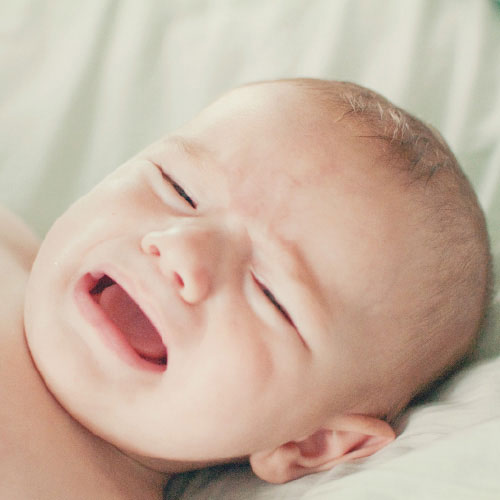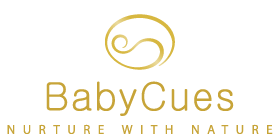Newborn colic and reflux on the rise

Postnatal Liaison - Educator, Philippa Murphy, a specialist in this field, is currently conducting a national survey for all New Zealand parents that have endured these depleting behaviours. Murphy believes that compiling information of the daily reality for these kiwi parents 'provides the necessary foundation needed to establish the facts, find the gaps and develop solutions; one of which needs to be early intervention and prevention through early education,' Murphy says. 'Presently we have health professionals offering well-meaning but sometimes conflicting advice during a time when parents are overwhelmed with emotions, often grappling to cope. It is obvious, when attending to these families, that this scattered band-aid approach is all too little too late. Just coping is not an option when fostering new life. Solutions from unity are key here, as is change'.
Sleep deprivation while dealing with the constant demands of a screaming newborn can push even the most level headed person to the edge. A recent survey response by an affected mother revealed, 'you have an exhaustive, emotional and physical rollercoaster ride that, in a split moment, could easily result in child abuse. Until you have been there, you just don't get it. It can make you feel so helpless, frustrated and alone. I began to hate myself for the awful feelings I had towards my child.'
Child Youth and Family state that around twenty children under two are admitted to hospital with shocking injuries in a year. More than a third of these children have been shaken. Four will die. A latest UK study shows that the Postnatal Depression rate is now double the number previously thought with one in every five women feeling these effects, not to mention the father's that also fall into depression.
It's not a big leap to surmise that inconsolable crying of a newborn suffering from colic and reflux, would significantly contribute to these frightening numbers and as our government works on the White Paper, actioning ways to bring down New Zealand's high rate of child abuse, one would hope preventative education for this detrimental scenario is on their priority list. 'It is certainly on mine' says Murphy whom now delivers proven, bio-logical answers and techniques for many of the previously elusive questions and symptoms that have surrounded these behaviours for years.
Murphy expresses, 'The survey is a place for the suffering families of New Zealand to purge, to tell it like it is or was. Your heart ache can make a difference; one that has potential to further develop our parenting society in a positive, informed nature.'


